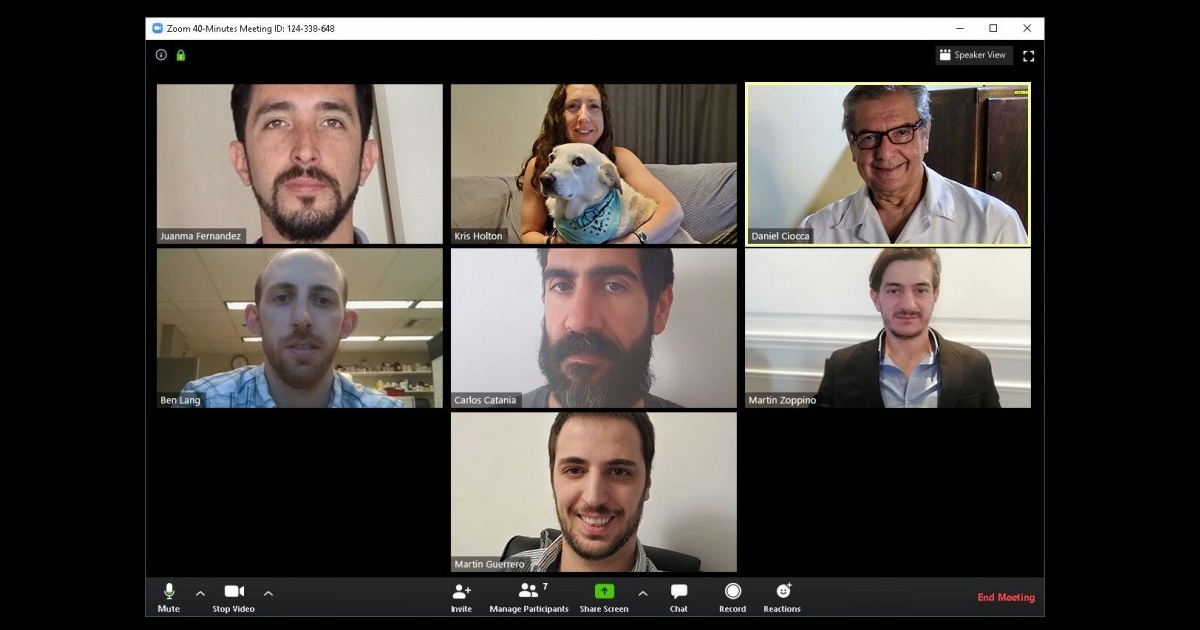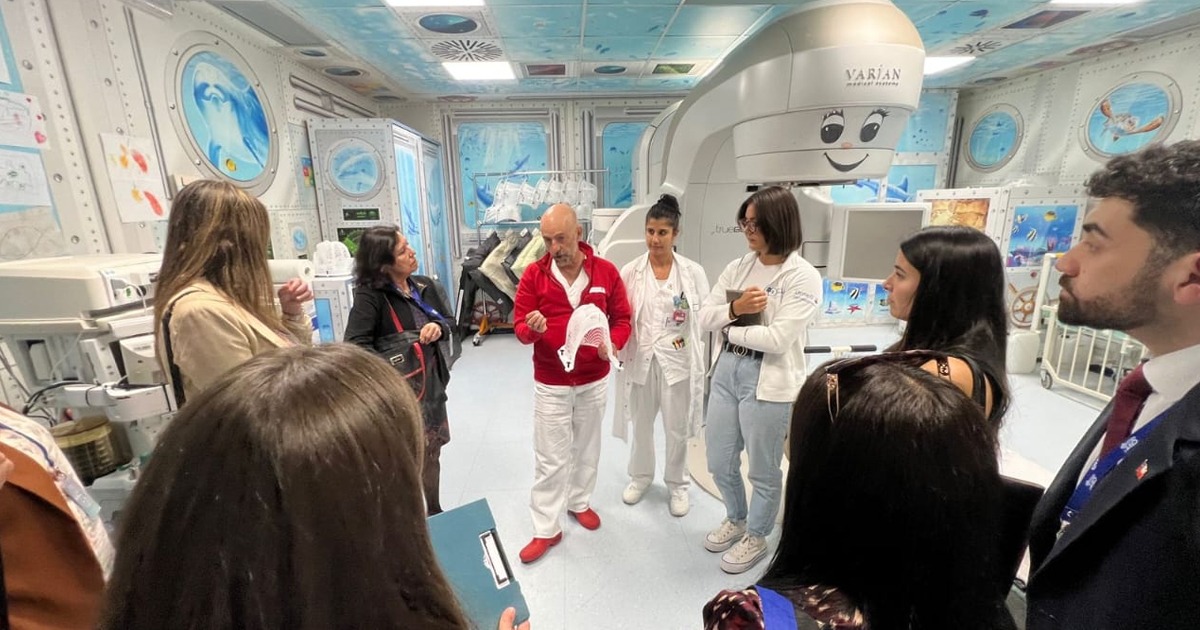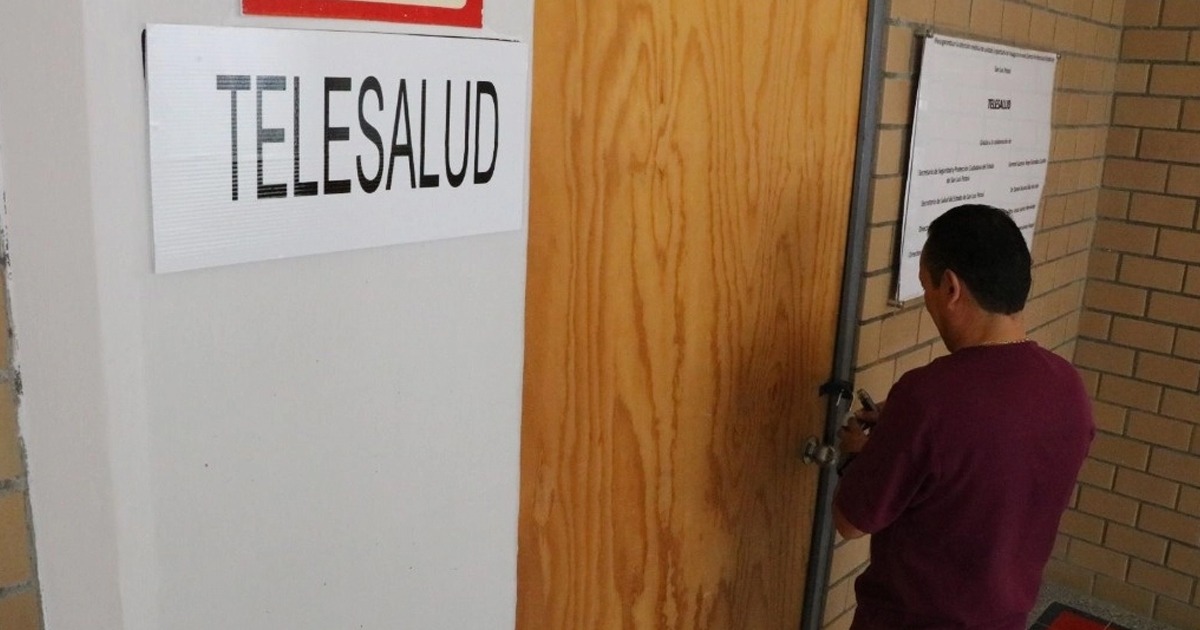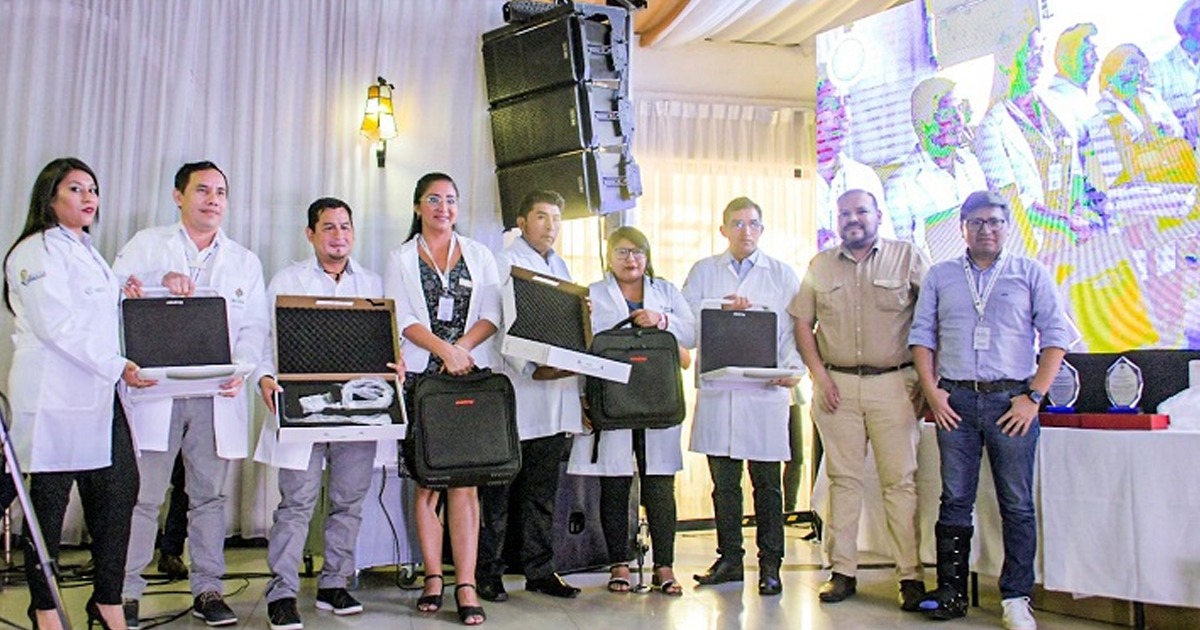Joint collaboration between the National University of Cuyo of Argentina (UNCuyo) and Harvard University for the design of an artificial intelligence model for tumor characterization.
Galgo is an algorithm trained through machine learning, designed to discover molecular marks on different types of cancer. It seeks to identify patterns of biological behavior to make a better diagnosis when performing clinical characterizations and consider what would be the most appropriate treatments.
This project brings together an interdisciplinary group of UNCuyo researchers through the Institute of Biochemistry and Biotechnology of the Faculty of Medical Sciences and the Laboratory of Intelligent Systems of the Faculty of Engineering, in addition to the Institute of Medicine and Experimental Biology of Cuyo and the Departments of Oncology Radiation and Stem Cells and Regenerative Biology, Harvard University.
The research has been funded through grants from the National Council for Scientific and Technical Research of Argentina (CONICET) and published its first advances in the scientific journal Bioinformatics, from Oxford University, under the title Galgo: a bi-objective evolutionary meta-heuristic identifies robust transcriptomic classifiers associated with patient outcome across multiple cancer types”.

Martín Guerrero, co-author of the study and research leader explained the initial premise of this innovation and the challenges that exist: “Tumors, when they begin to grow in our body, use our own genetic material and modify it to use it in their favor. These modifications can be observed indirectly through the molecular signals expressed by cells. These signals are the result of the expression of a series of molecules called messenger RNA (mRNA) that we can identify with novel molecular techniques from a biopsy of the patient's tumor tissue. The difficulty is that, in analogy to radio frequencies, if one does not know what to look for, only 'noise' is observed, incongruous signals that we cannot read”.
Guerrero explained how research advances in this field of biological medicine and biotechnology have led to the discovering of "gene signatures" of some cancers. So, he hopes that the large number of molecular signals that have been detected by the new methods could increase and be more effective in determining the "gene signatures" of more cancers.
In addition, the researcher explained how the algorithm works through new molecular techniques involving Artificial Intelligence: "For this, our team proposed an artificial intelligence algorithm that does a search between this ocean of combinations to find the combination, which allows us to identify the patterns of biological behavior of the different tumors, so that we can characterize them and identify not only how they will behave clinically , but also to which treatments they may be sensitive or resistant."
The algorithm has been tested and reproduced in the identified cancers, being more effective than commercial analytical methods. “This means that Galgo is applicable to any type of cancer, since we have enough data so that the algorithm can learn from them, which makes it an invaluable tool for all those cancers that have not yet managed to be molecularly dissected and that we often treat generically because we do not have much information about them,” Guerrero explained, he will continue to develop this topic in his doctoral thesis in Biological Medicine.
As for Galgo applications, it is being used at Harvard University in a group of breast cancer patients who have a specific molecular alteration. In this way, specialists may design specific therapeutic strategies for the treatment of patients.





